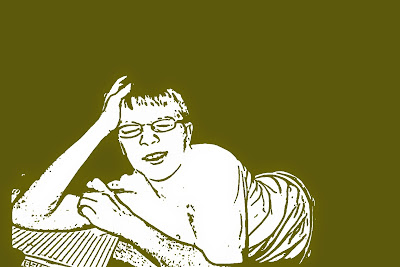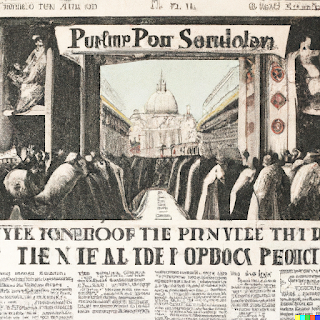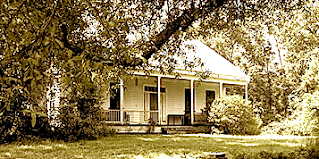While he slept I peeked my head through the doorway and
noticed that he was sleeping with his glasses on
so I gingerly removed the spectacles from his face,
so he wouldn’t roll over in his sleep and crush the glass,
so better save him now, while I can,
similar to the bike ride earlier that day
when I tried to save him from his cold dash into the night and he consoled me,
indicating the efficacy of street lights and the
apparent paucity of vehicular traffic −
and I remember sighing a huge breath of relief because it didn’t seem to matter
anymore that the sun was sinking into the river, drowning away
like a melting orangcicle,
bodies bobbing on the surface of its tan waves, white foam froth
foaming at its Cerberus mouth −
that’s the mississippi for ya −
and we raced the rest of the way back
and I masked my anger that he had won;
I placed his glasses on the night stand,
retracing my steps back to the guest room to gather my stuff,
wondering if I should have just let his glasses dangle there on his face, wondering if in the morning he would be bitter that I
foolishly sought to save him
again,
or would he forget
Greig Roselli © 2005






